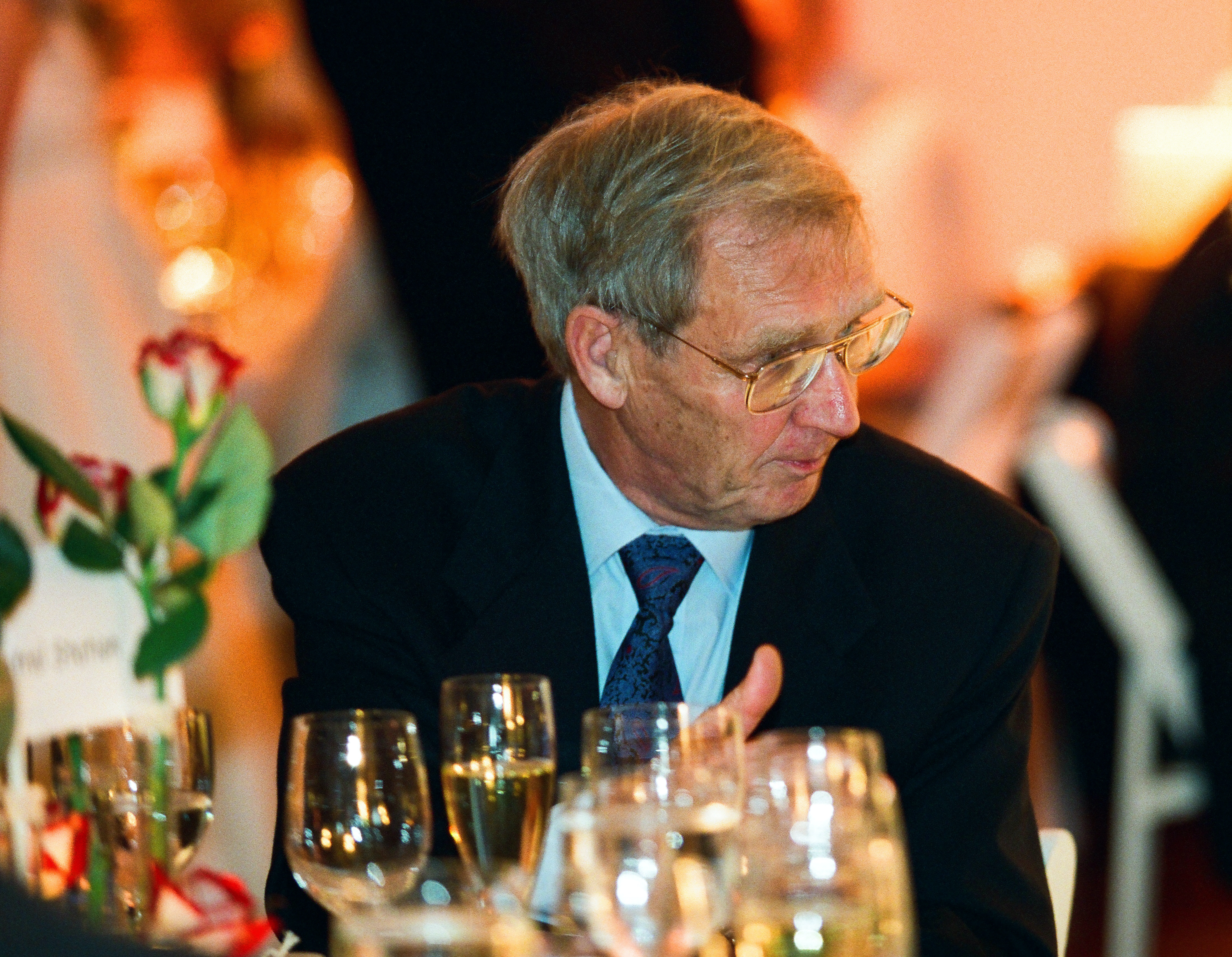joelb123.github.io
Current Opinions of Joel Berendzen
Hans Frauenfelder Has Died at age 99
Discoverer of the Dances of Proteins and a Giant of Biological Physics

Hans, my thesis advisor, died at his home in Santa Fe. He is survived by his wife, Vreneli, his son Uli, and his daughters Katterli and Anne. He had 5 grandchildren, 2 great-grandchildren, and over 100 former students that formed his extended family.
Hans’ love of science began in high school in his village of Neuhausen in Switzerland, where he was inspired by a teacher who took an unconventional approach to physics based in optics. The elderly teacher was said to have taught physics to Albert Einstein some 40 years earlier. Hans was a wonderful mentor to both his biological and scientific kids. A born explorer and accomplished athlete, he loved telling stories. He had a gift for analogy, likening a small molecule binding to a protein as like when a cow wandered into his tent and everything got bent.
His time in college, at Zürich’s famed ETH overlapped with World War II, resulting in a lot of time spent sleeping on trains. The lack of sleep didn’t stop him from setting an Army record for cross-country skiing with a backpack that stood nearly 40 years. In later life, when teaching students to ski he would exclaim “I’ve learned to ski three times!”, saying that changes in equipment over a life spent in the mountains equated to learning everything from scratch. The same outlook applied to experiments with changing technology.
Hans’ career was made at Illinois, where he produced a handful of groundbreaking papers and trained over 100 graduate students in first nuclear and then biological physics. Students loved his boundless good humor, his intuition, and his pluck. They also noticed that his solutions to thorny mathematical problems were often incorrect in every step except the ones that counted, the beginning and the end. After his retirement from Illinois, he moved to LANL (following me in a way) and made a second career.
Hans led the Center for Nonlinear Sciences at a time when the early foment of chaos theory was being replaced by a more sober probing of places where theory and experiment could be compared and reconciled. That’s still a big issue for the field. Hans’ nuclear physics work resulted in a near-miss of discovering an effect that would win someone else a Nobel Prize, and he would chide students to have more curiosity, saying “if I had just followed things up a bit more, we would have discovered the Mössbauer effect first”. This curiosity carried him headlong into biology after a student tried to use the Mössbauer effect to measure the motion of iron atoms in a heme protein. The results were pretty-much uninterpretable, but Hans had the good sense to realize he had stumbled onto something deep. Seventeen years of scrambling followed in which Hans and his group invented new experimental techniques and analysis methods, lead to his publication of the seminal paper about motions in proteins in 1975. This paper represented a new point of view which was eventually termed “energy landscapes”. Today low-temperature biology finds such disparate applications as artificial insemination and delivery of biologic drugs.
Hans viewed life as one big experiment, albeit one that could not be repeated. He delighted in his students’ contradictions, if they did it in a way that could result in a good argument. He was a master storyteller of fabled personalities, crazy ideas, and experiments gone wrong. He told stories not only his of own experiments, but also those of his children and his students. The scientific descendants were amused to hear how his daughter Katterli, a well-known TV & movie producer, hired a “squirrel wrangler” for a Tim Burton movie, while his biological children were told of how one pupil’s experiment was stopped in its tracks when a stray cat wandering into the particle accelerator. Even at the end of his long life – which ended a few weeks short of his 100th birthday – he still delighted in recalling moments where he thought he understood something that hadn’t been understood before and musing about what we all might understand next.
I will miss him terribly.